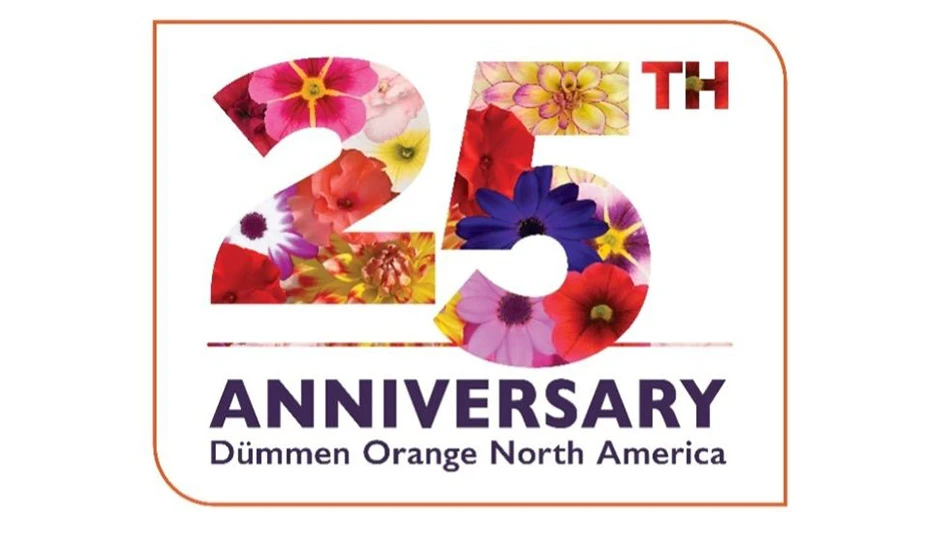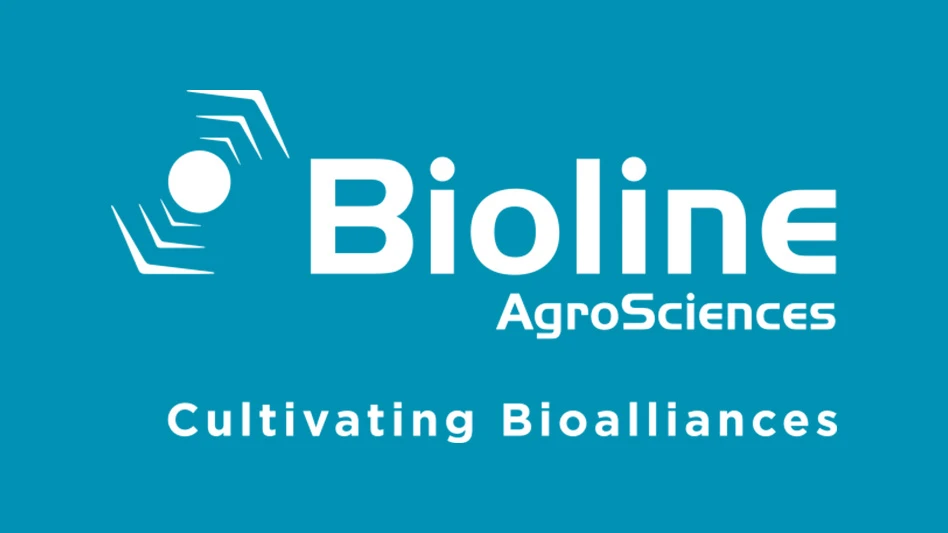Natural gas, propane and fuel oil prices are quite volatile, with increases predicted for the coming winter. There are several options when purchasing fuels that can help to save money and thereby reduce the cost of producing crops. Let’s look at some of these.
Natural gas
Natural gas is usually the lowest-cost fossil fuel. With good supplies available due to new production technology including fracking, companies are expanding their pipelines to serve new customers.
The cost of natural gas is made up of several independent charges, including customer charge, demand charge, distribution charge, storage and gas charge. The customer charge is a monthly charge that covers installing and servicing the gas mains. The monthly demand charge is usually based on the greatest daily use during the cold December to February period. The gas company has to have adequate gas and large enough lines to supply your needs on the coldest days. You pay for this demand, although you don’t use any gas during the summer. This can more than double the cost of a therm. The other charges depend on the quantity of fuel purchased.

Some growers have reduced the amount of demand by converting some of the natural gas heaters to propane. Although propane is more expensive on a Btu basis, it can reduce the overall total heating bill. The propane is used for peak heat demand on colder nights. Cost of conversion is usually the cost of changing the nozzles.
Another option is to install dual fuel boilers that burn either natural gas or fuel oil. These are usually two separate burner units that are hinged to fit into the firebox. Changing from one fuel to another takes only a few minutes. This can reduce a high natural gas demand charge and also provides a level of insurance should one or the other supply be interrupted. The cost of natural gas can also be reduced by bundling your purchases through an energy marketer/supplier that buys the gas at the lowest price; arranges transportation, storage and delivery; and assists with load balancing to avoid penalties.
Propane and fuel oil — Propane is sold by the gallon and has about 10 percent less heat than a therm of natural gas or 37 percent less than a gallon of #2 fuel oil. Both propane and fuel oil suppliers have several similar pricing agreements and delivery options. It pays to explore the different plans to find the best one for your business. These include:
Market price — Fuel is charged at the supplier’s daily rate either on the day it is ordered or on the date of delivery. Over the heating season, there is no protection from price increases and also no additional fees normally charged with the other plans.
Pre-buy — These plans are offered during the summer and allows you to pre-pay some or all of the fuel needed during the heating season. Fuel prices are usually least expensive during July and August when demand is low. This plan shelters you from price increases.
Price cap and fixed price plans — These provide a guaranted per-gallon price for the heating season. It never exceeds the cap or fixed price. These options usually have a higher per-gallon price to cover insurance that the dealer has to purchase.
Budget plans — These spread the projected annual cost over the year. If you use more than you paid for, you have to pay a lump sum at the end of the year.
Propane tank rental or purchase — Most propane companies will supply you with “free” propane tanks for your greenhouses if you purchase a minimum quantity per year. This means that you will be paying for delivery, haz-mat, tank maintenace and other surcharges as well as being required to purchase all your propane from them at an inflated price. Purchasing your own tanks usually results in a significant reduced gas price and the option of purchasing from a company of your choice. Fuel costs are best compared on a million Btu basis. Use the formulas in Table 1 to get your costs.

Explore the September 2018 Issue
Check out more from this issue and find your next story to read.
Latest from Greenhouse Management
- Super Charged Moon Juice from Moon Valley Nurseries now available nationally
- 2025 Proven Winners Horticulture Scholarship applications now open
- How to improve inventory and shipping management in the greenhouse
- Leading Women of Horticulture: Anna Ball, Ball Hort, and Terri McEnaney, Bailey Nurseries
- GM CEA HERB Part 2: A guide to increasing the sowing density of culinary herbs
- GM CEA HERB Part 1: Best practices for producing culinary herbs in controlled environments
- USDA fires experts on invasive pests, including Asian citrus psyllid, chilli thrips
- CEA Alliance celebrates bipartisan introduction of Supporting Innovation in Agriculture Act







